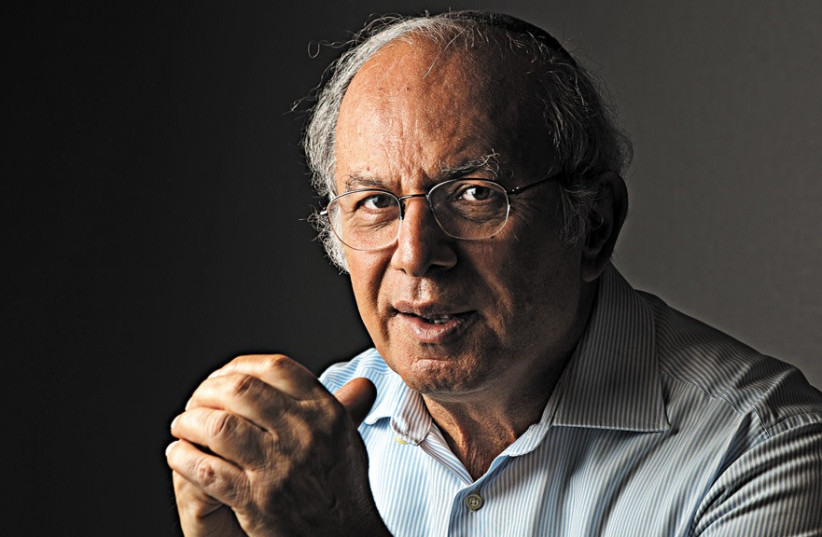The University of Haifa will launch two unique scholarship funds thanks to two exceptional donations. A sum of $120 million will be available for “Ahavat Olam” (“eternal love”) scholarships intended for students interested in pursuing in-depth studies in Jewish religion, heritage and history. An additional sum of $3m. will be earmarked specifically for female students who need assistance financing their studies. Both donations were provided by the Brazilian-Jewish businessman Elie Horn.
Helping women
“I’m proud that we are able to offer these scholarships and to help a large and diverse circle of candidates, particularly after two difficult years due to the COVID pandemic,” University of Haifa president Prof. Ron Rubin said. “The University of Haifa promotes social mobility, and thanks to these new scholarships, we will be able to make higher education accessible to wider circles who might otherwise have chosen not to pursue academic studies due to financial considerations. Naturally, we thank Elie Horn and we are looking forward with excitement to the upcoming academic year.”
Horn said, “It is a great privilege to help young women and men to realize their full potential. I am pleased to cooperate with the University of Haifa in order to help promote social change and narrow gaps among the whole population, particularly among women.”

“It is a great privilege to help young women and men to realize their full potential.”
Elie Horn
The Ahavat Olam program is a long-term endeavor that aims to award annual grants to thousands of students across all departments and fields of study. Each scholarship of $2,000 is open to bachelor’s and master’s degree students in any year of study. The scholarship can potentially provide $6,000 for undergraduate students and $4,000 for master’s degree students.
Providing for the future of Jewish education
In addition to their regular study programs, recipients of Ahavat Olam scholarships will take academic courses in areas of Jewish studies taught in the various departments. They will also participate in enrichment courses and activities in fields promoting pluralistic Judaism, Jewish culture, heritage and history.
One of the goals of the Ahavat Olam scholarships is to provide knowledge in the fields of Jewish studies and heritage. A condition for acceptance is a matriculation in either Bible studies or oral Torah. Candidates who do not meet this condition will be able to choose an alternative application track requiring successful completion of two academic courses in Jewish studies, without additional fees, from the existing range of courses offered by the university.
University rector Prof. Gur Alroey anticipates that the scholarship will make a real contribution to strengthening the field.
“In recent years, there has been a decline in the number of students coming to the Jewish studies departments,” he said. “In the long term, this will weaken the entire research discipline. Now, thanks to the Ahavat Olam scholarship, students from all faculties and departments will join these courses, breathing new life into the Biblical Studies and Jewish History departments.”
As noted, the university is also offering additional scholarships for women who need help financing their studies. These scholarships have been made possible thanks to a donation from Elie Horn and his sister Joyce Horn. These scholarships also amount to $2,000 a year. The plan is to award them to some 500 women students over the next three years. The university intends to take a proactive approach, working with governmental and public bodies, local authorities and others to locate women with strong academic potential who require the scholarship.
The threshold criterion for this scholarship is the student’s socioeconomic background. Additional criteria, such as military or civilian national service or community service, will provide extra points.
